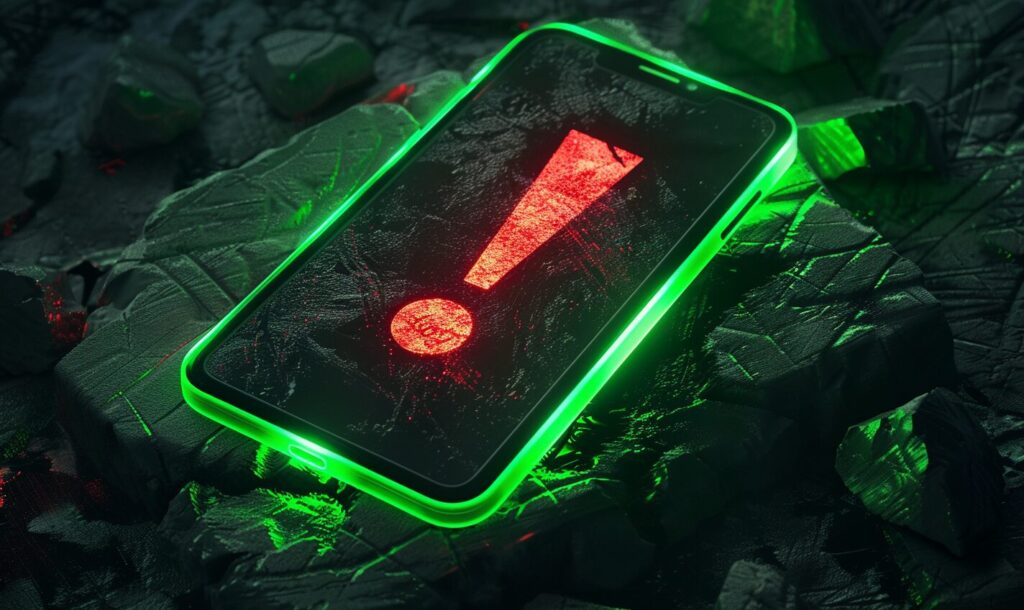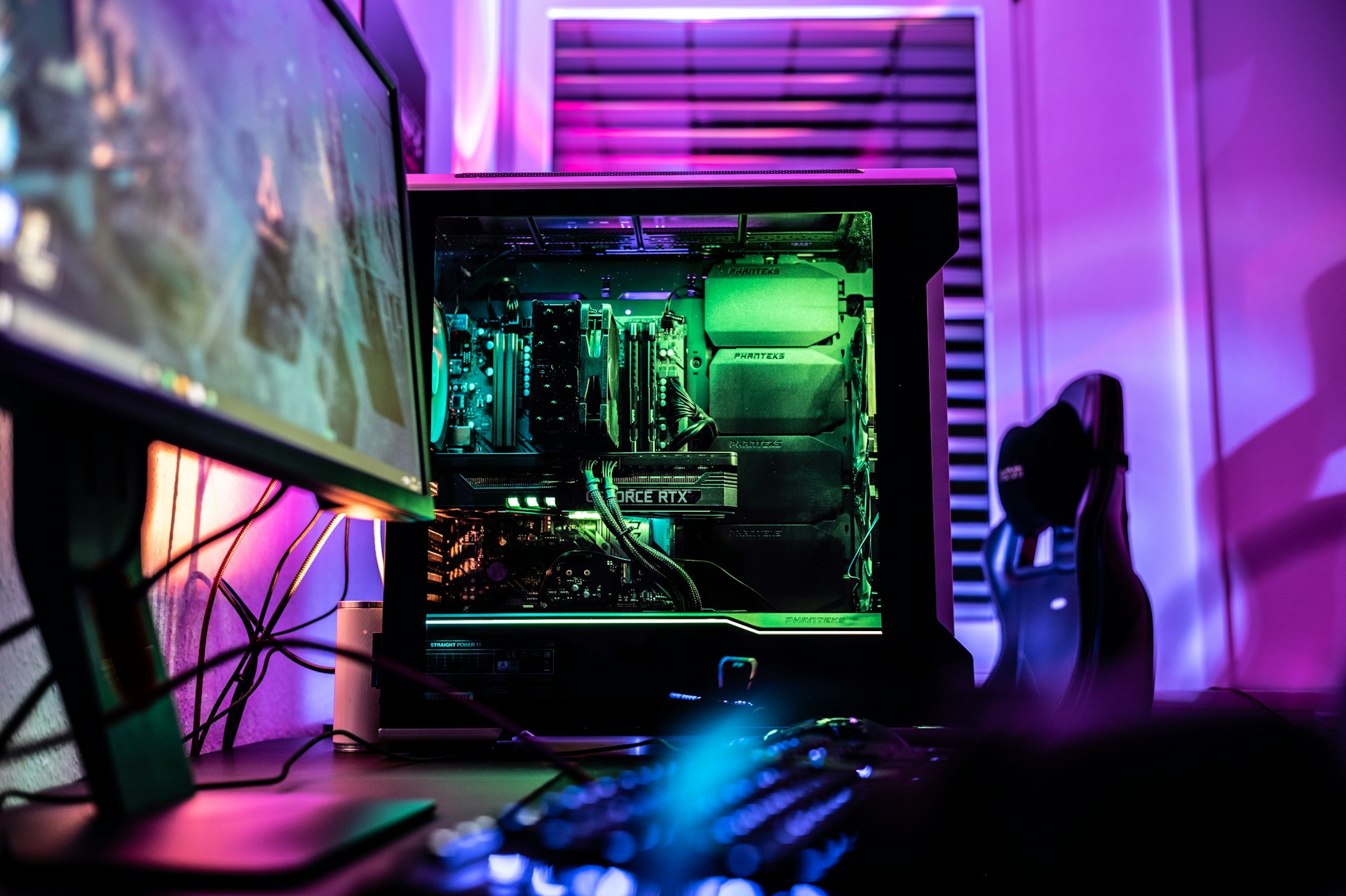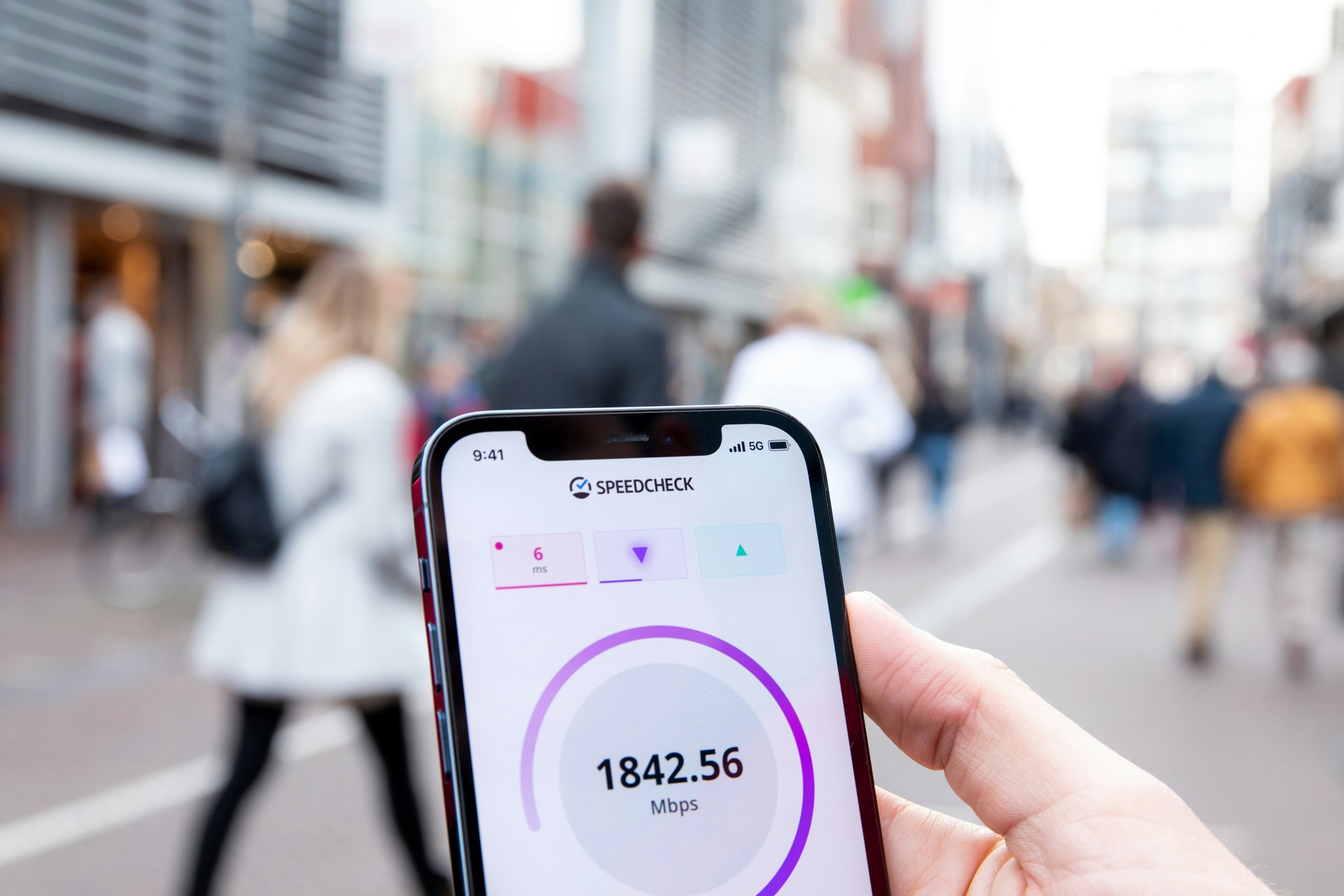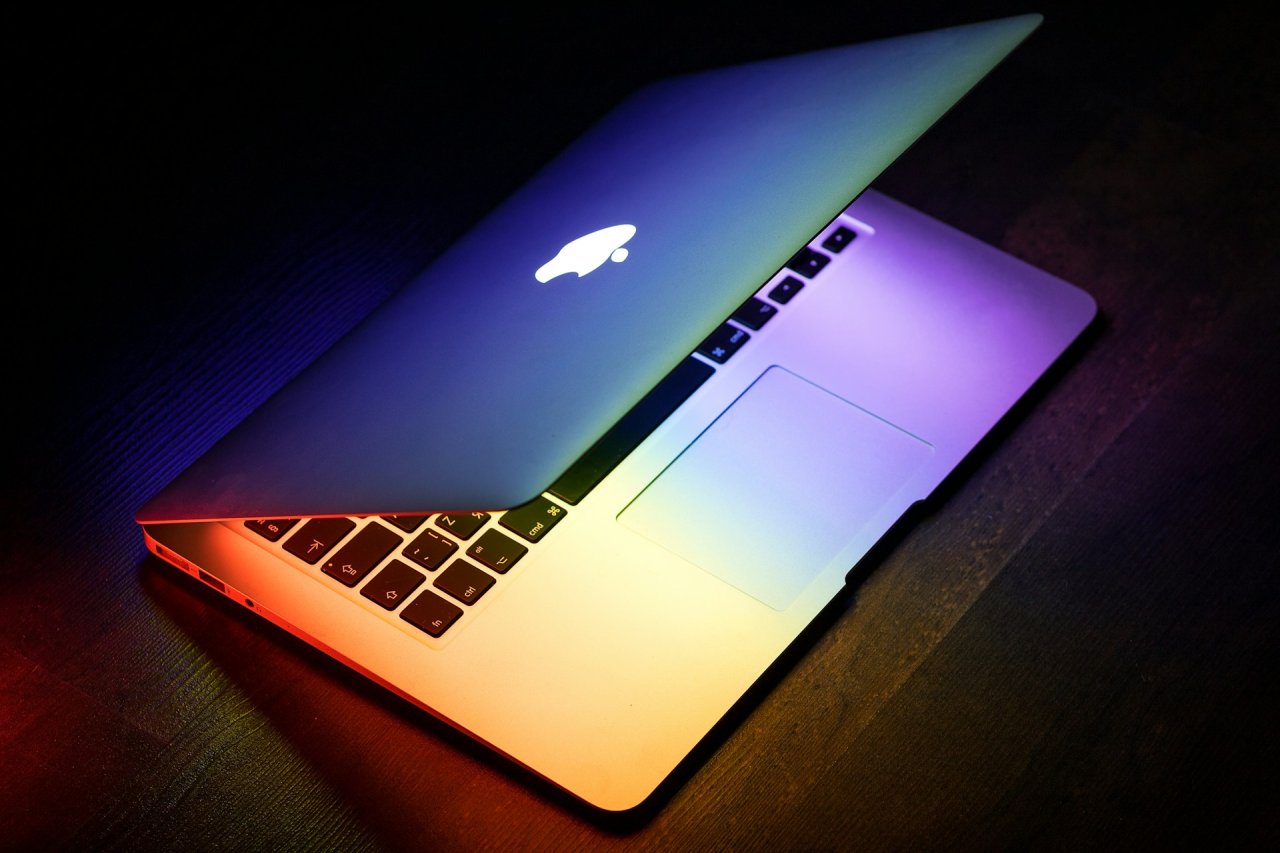Email can be viewed in two ways — the best thing since sliced bread or a productivity-killing monster. We all know that email is one of the top drains on productivity. You can waste countless minutes in a day sifting through useless, redundant emails and trying to organize the ones that do actually have some worth.
You can burn even more time writing out unnecessary thank you notes or long, complicated explanations when a two-minute phone call or quick stroll fifteen feet to your colleague’s desk could eliminate both the wasted time and any possible confusion.
If you do a lot of your work through email communication, you’ve probably learned strategies to manage your email that work for you, but it can still be a drain on your most valuable resource — time. So how can you manage your emails effectively while still maintaining top efficiency? Start with a plan and try applying these seven tips to manage your email for its full advantage while not allowing it to take over your work day.
1. Check Your Email at Specific Times
It’s tempting, when we are facing down an unpalatable project, to procrastinate by opening up the inbox, but try to resist. Checking your email wreaks your concentration and focus so that it takes much longer to get started on a project you could probably have finished by the time you got through your email messages anyway. Focusing on one thing at a time helps you get things done faster and better. Checking your email once an hour, at specific times, gives you longer stretches to get things done before losing focus.
2. Take Advantage of Auto Reply Features
If you are like me, you manage a lot of high-priority tasks in conjunction with other people. How do you do that? You probably communicate through long email chains. You probably worry that, if you don’t check your email constantly, you might miss an important message. Setting an auto reply lets those who need an immediate response know either when you will be responding to emails or to contact you by another method to get a quick answer.
3. Turn off Distracting Notifications
Okay, you don’t have to turn them off all the time. But if you need to focus on something other than email, it’s a good idea to turn off any type of notification be it a sound, a little flag that pops up on the bottom of your screen or a beep from your smart phone. You will be less distracted and more focused, which in turn lead to higher productivity.
4. Set Automatic Rules
Outlook allows you to set up “rules” that can do pretty much anything to help manage your emails. By entering keywords, senders, recipients and other information, you can tell your email account to flag emails for follow up at certain times, automatically categorize and prioritize emails or automatically archive low priority messages to desired folders where they won’t be cluttering up your inbox. These features help you stay organized and limit the amount of time you actually need to spend on email each time you open your account.
5. Don’t Subscribe
This tip is MUST if you want to manage your emails. If you have a choice, don’t subscribe to emails. If you have subscribed, unsubscribe or set up a rule that forwards these emails to folders or subdirectories where they can be easily scanned and saved.
6. Save Steps
Have you ever been added as the last recipient to the last email in a chain that was started last Monday? If you need to respond you will probably stare at the length of the correspondence in sheer horror. If it can be avoided, don’t email. There are other reasons to meet in person, but a big one is that you don’t want to be the person who starts an email chain that takes on a life of its own. Save yourself some steps in the virtual world by taking a couple of steps in the real world across the office to your colleague’s desk. Words spoken out loud take much less time and much less space, plus you can hammer out any confusion then and there.
7. Be Clear and Concise
A long, rambling email takes just as much time to write as it does to read and comprehend. Do everyone a favor and stick to the salient points. Creating a bullet point outline first and filling in only the necessary details helps keep you and everyone else on track and allows busy people (like you) to gather the gist of the information with a quick scan. You’ll find you spend less time composing emails if you use this format and your peers will thank you for your clear, concise communication skills.
Are you ready to tackle the monster in your inbox, yet? However you currently view email and whatever your current habits are, you can manage your emails by applying these few simple tips.
Image by Viktor Hanacek
Recent Stories
Follow Us On
Get the latest tech stories and news in seconds!
Sign up for our newsletter below to receive updates about technology trends














